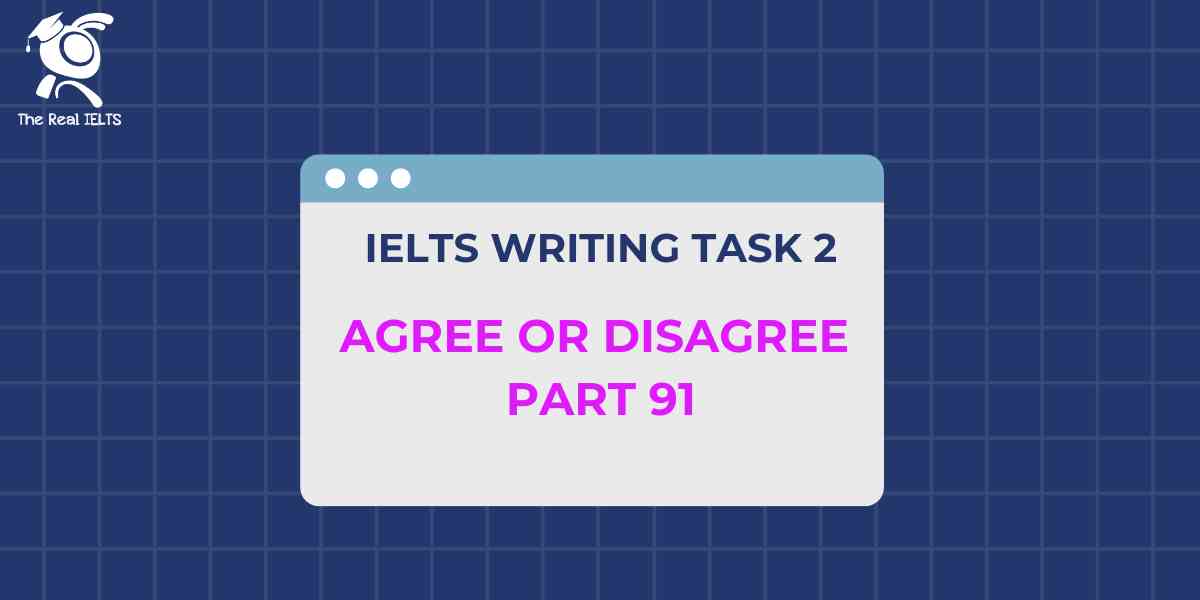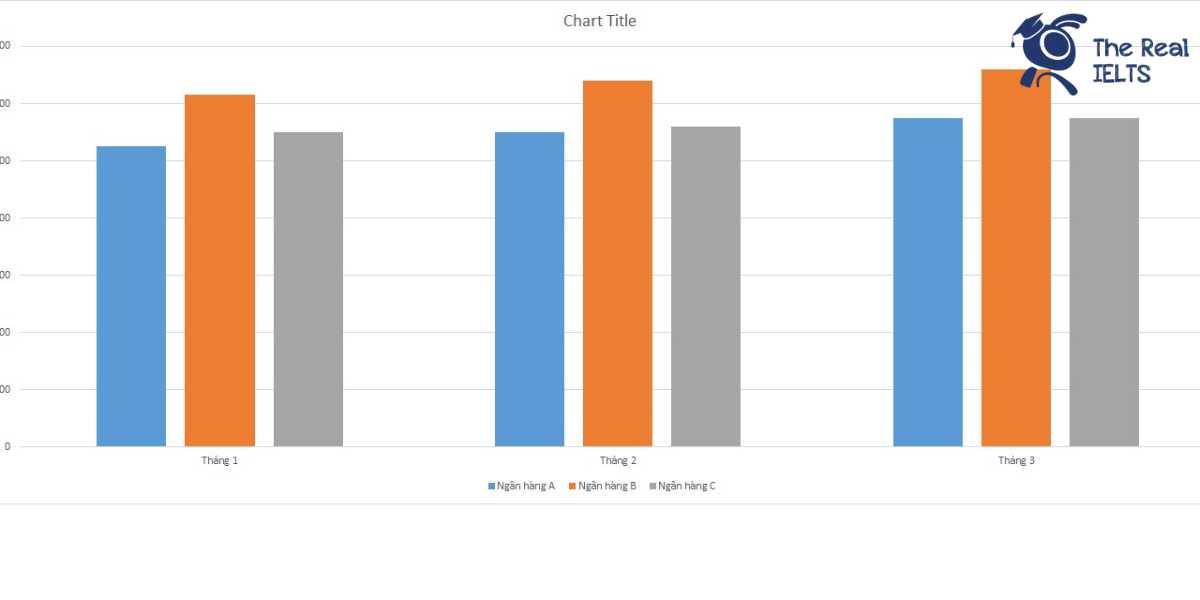Đề bài IELTS Writing Task 2 dạng Agree or Disagree Part 91
You should spend about 40 minutes on this task
The death penalty should be abolished worldwide. To what extent do you agree or disagree?
Write at least 250 words.
Giải mẫu IELTS Writing
The debate over the abolition of the death penalty remains a contentious issue worldwide. While some argue for its complete elimination, others believe it serves as a necessary deterrent for the most heinous crimes. In my opinion, while there are compelling arguments on both sides, I partially agree with the idea of abolishing the death penalty, but with certain exceptions.
One of the strongest arguments in favor of abolishing the death penalty is the risk of wrongful convictions. The judicial system, despite all its checks and balances, is not infallible. Numerous cases have surfaced where individuals on death row were later found innocent through new evidence, often discovered years after the sentence was passed. The irreversible nature of capital punishment means that once an execution is carried out, there is no possibility of rectifying the mistake, leading to an unjust loss of life.
Furthermore, the moral and ethical considerations of the death penalty cannot be overlooked. Many argue that it is inherently inhumane and barbaric to take a life, regardless of the crime committed. From this perspective, capital punishment is viewed as a violation of human rights, and the state should not be involved in the act of killing. Moreover, there is little conclusive evidence to suggest that the death penalty effectively deters crime more than life imprisonment. Countries with no death penalty, like Norway and Portugal, have relatively low crime rates, suggesting that other factors may play a more significant role in preventing serious crimes.
However, there are situations where the death penalty might still be justified. For instance, in cases involving acts of terrorism or mass murder where the perpetrators pose a continuous threat to society, the death penalty could be seen as a necessary measure. In such extreme cases, the need to protect society may outweigh the moral arguments against capital punishment. Furthermore, some argue that in certain cultural and legal contexts, the death penalty serves as a form of justice that satisfies the public’s demand for retribution, especially for the most egregious crimes.
In conclusion, while I believe that the death penalty should largely be abolished due to the risk of wrongful execution and moral concerns, there are certain extreme cases where it may still be considered necessary. Therefore, a more nuanced approach that limits the use of capital punishment to only the most severe crimes might be the most balanced solution.
Cấu trúc ngữ pháp và cấu trúc câu
Cấu trúc câu và cấu trúc ngữ pháp được sử dụng trong bài:
- Câu phức (Complex sentences):
- “While some argue for its complete elimination, others believe it serves as a necessary deterrent for the most heinous crimes.”
- “In my opinion, while there are compelling arguments on both sides, I partially agree with the idea of abolishing the death penalty, but with certain exceptions.”
- “The judicial system, despite all its checks and balances, is not infallible.”
- “Numerous cases have surfaced where individuals on death row were later found innocent through new evidence, often discovered years after the sentence was passed.”
- “The irreversible nature of capital punishment means that once an execution is carried out, there is no possibility of rectifying the mistake, leading to an unjust loss of life.”
- “Many argue that it is inherently inhumane and barbaric to take a life, regardless of the crime committed.”
- “Countries with no death penalty, like Norway and Portugal, have relatively low crime rates, suggesting that other factors may play a more significant role in preventing serious crimes.”
- “In such extreme cases, the need to protect society may outweigh the moral arguments against capital punishment.”
- “Therefore, a more nuanced approach that limits the use of capital punishment to only the most severe crimes might be the most balanced solution.”
- Câu ghép (Compound sentences):
- “The debate over the abolition of the death penalty remains a contentious issue worldwide, while some argue for its complete elimination, others believe it serves as a necessary deterrent for the most heinous crimes.”
- “Furthermore, the moral and ethical considerations of the death penalty cannot be overlooked.”
- “Moreover, there is little conclusive evidence to suggest that the death penalty effectively deters crime more than life imprisonment.”
- “In conclusion, while I believe that the death penalty should largely be abolished due to the risk of wrongful execution and moral concerns, there are certain extreme cases where it may still be considered necessary.”
- Mệnh đề quan hệ (Relative clauses):
- “where individuals on death row were later found innocent”
- “where the perpetrators pose a continuous threat to society”
- Câu bị động (Passive voice):
- “the death penalty should be abolished worldwide”
- “The death penalty could be seen as a necessary measure”
- “Capital punishment is viewed as a violation of human rights”
Từ kết nối các câu và các đoạn:
- Từ nối để thêm ý (Additive conjunctions):
- “Furthermore”: thêm vào lập luận trước
- “Moreover”: bổ sung thêm thông tin
- “Also”: cũng, thêm vào đó (dù không xuất hiện trực tiếp trong bài, nhưng từ này có thể thay thế cho các từ nối khác nếu cần)
- Từ nối để đối lập hoặc đưa ra ngoại lệ (Contrastive conjunctions):
- “While”: mặc dù
- “However”: tuy nhiên
- “But”: nhưng
- “Despite”: mặc dù
- “In my opinion”: theo ý kiến của tôi (dẫn vào lập luận cá nhân đối lập với quan điểm chung)
- Từ nối để chỉ kết quả hoặc lý do (Causal conjunctions):
- “As a result”: kết quả là (dù không xuất hiện trực tiếp, nhưng có thể thay thế cho “leading to”)
- “Because”: bởi vì (có thể sử dụng thay thế cho “due to”)
- “Therefore”: vì vậy
- Từ nối để đưa ra kết luận (Conclusion connectors):
- “In conclusion”: kết luận lại
- “Therefore”: do đó, vì thế
Các từ vựng tiếng Anh cần lưu ý trong bài viết
- Abolition – Sự bãi bỏ
- Contentious – Gây tranh cãi
- Elimination – Sự loại bỏ
- Deterrent – Biện pháp răn đe
- Heinous – Tàn bạo, khủng khiếp
- Partially agree – Đồng ý một phần
- Wrongful convictions – Kết án oan sai
- Judicial system – Hệ thống tư pháp
- Infallible – Không thể sai lầm
- Death row – Người chờ tử hình
- Innocent – Vô tội
- Irreversible – Không thể đảo ngược
- Capital punishment – Án tử hình
- Inhumane – Vô nhân đạo
- Barbaric – Man rợ
- Violation of human rights – Vi phạm nhân quyền
- Deters crime – Ngăn chặn tội phạm
- Life imprisonment – Tù chung thân
- Mass murder – Giết người hàng loạt
- Retribution – Sự trừng phạt, báo thù
- Egregious crimes – Tội ác nghiêm trọng
- Nuanced approach – Cách tiếp cận tinh tế, chi tiết
Đọc thêm các bài Luyện Thi IELTS khác trong link nhé.















